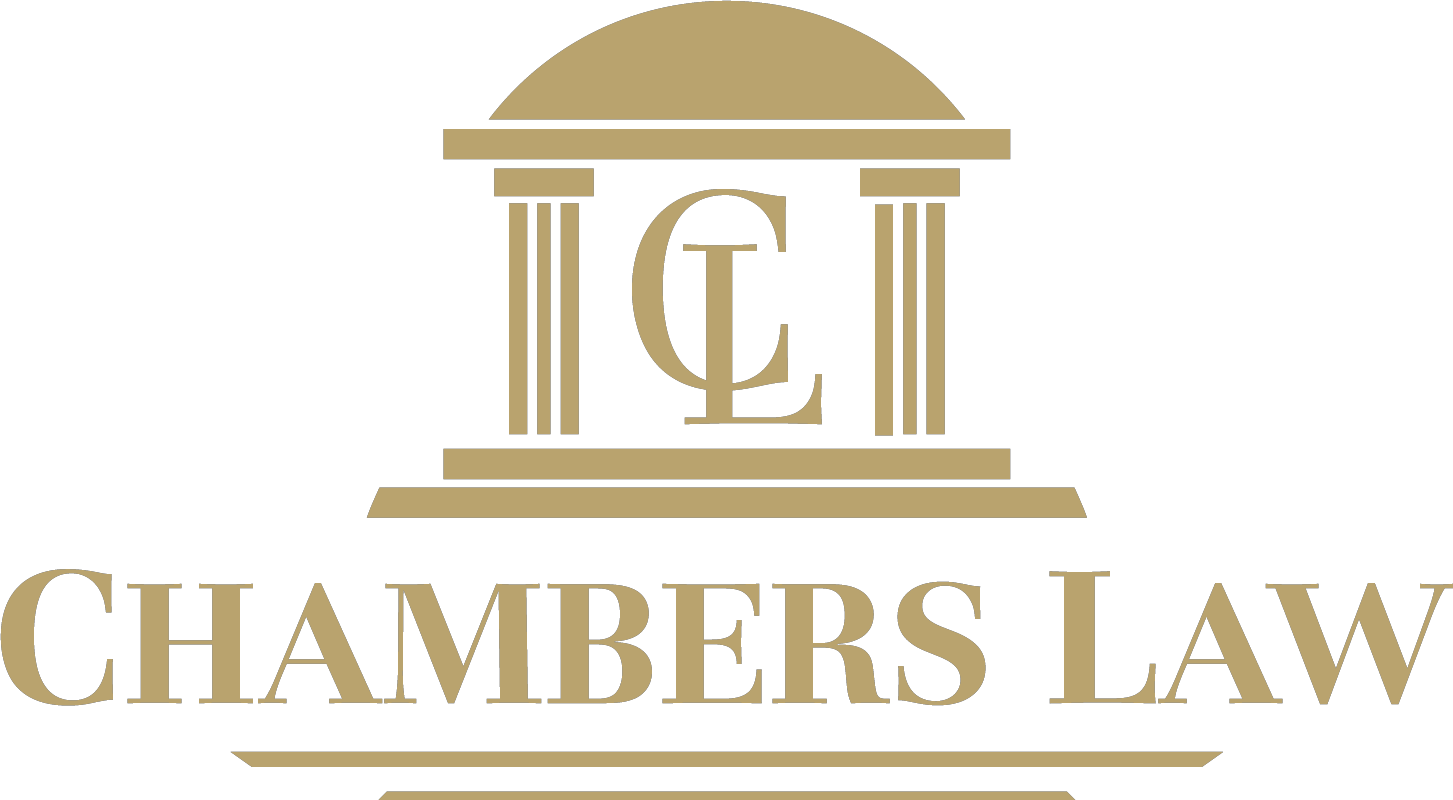602.607.5004

Understanding the Corporate Transparency Act
In 2021, Congress passed the Corporate Transparency Act (“CTA”) as part of the U.S. government’s efforts to deter the use of shell companies to facilitate illicit activities such as money laundering. Effective January 1, 2024, the CTA requires entities to disclose specific identifying information about themselves and their owners to the Financial Crimes Enforcement Network (FinCEN) of the Treasury Department.
Is Your Company Required to Report?
Most domestically formed business entities as well as foreign entities that are registered to do business in the United States are required to report. This includes corporations, limited liability companies, and related business entities. Those that do NOT have to report include general partnerships, trusts not involving a creation filing, and foreign entities not registered to do business in the US.
In addition, certain companies are subject to express exemption. If exempted, you are not required to submit beneficial ownership information.
There are 23 types of entities that are exempt from the reporting requirements. These entities include most publicly traded companies, many non-profits, tax-exempt entities, inactive entities, subsidiaries of exempt entities, certain large operating companies, and other businesses that are subject to federal reporting requirements, such as banks and insurance companies.
The most common exemption is for a “Large Operating Company”. A Large Operating Company must have: (1) more than 20 employees; (2) filed in the previous year a tax return demonstrating more than $5 million in gross receipts or sales; and (3) an operating presence at a physical office within the United States.
For more information on reporting company and exemptions, please refer to FinCen’s Small Entity Compliance Guide.
Beneficial Owners
In addition to reporting companies, beneficial owners are required to report disclosure information to FinCEN. A beneficial owner of an entity is any individual who, directly or indirectly, through any contract, arrangement, understanding, relationship or otherwise: (i) exercises substantial control over a reporting company or (ii) owns or control at least 25% of the ownership interests of a reporting company. An individual exercises substantial control or a reporting company if they meet any of the following four factors:
- The individual is a senior officer (i.e., President, CFO, CEO),
- The individual has authority to appoint or remove certain officers or a majority of directors,
- The individual is an important decision-maker, or
- The individual has any other form of substantial control over the reporting company.
Exceptions
Under the CTA, the following individuals are not considered beneficial owners:
- Minor children (parents or legal guardians information must be reported)
- An individual acting as a nominee, intermediary, custodian, or agent on behalf of another individual (in which case that individual would be the beneficial owner)
- Employees of a Reporting Company (if that person is not a senior officer of entity)
- Inheritance (future or contingent interests)
- Creditors (unless they exercise substantial control or have a 25% ownership interest in reporting company.
Company Applicants
Company applicants are also required to provide identifying information. A company applicant is (1) an individual who directly files a document or application that creates a company, limited liability company, or similar entity; or (2) the individual who is primarily responsible for directing or controlling the filing. Only reporting companies that were created or registered on or after January 1, 2024, are required to report company applicants. Note that attorneys assisting in the formation of reporting company may be considered company applicants.
Information to Report to FinCEN
A reporting company must report the following company information:
- Full legal name of reporting company,
- Any trade or d/b/a names,
- Current street address of principal place of business,
- Jurisdiction of formation, and
- Reporting company’s taxpayer identification number.
Additionally, a reporting company must provide the following information for each beneficial owner or a company applicant:
- Full legal name,
- Date of birth,
- Residential or business address,
- A unique identifying number from an acceptable identification document (such as a state driver’s license or passport), and
- An image of the document showing the unique identification number (an individual or entity can obtain a FinCEN identifier which can be used on subsequent filings).
Where to file Beneficial Ownership Information (BOI)?
BOI reporting is filed electronically on a secured filing system with FinCEN. A link to the FinCEN e-filing system can be found here. The information filed with FinCEN is not publicly available or subject to the Freedom of Information Act. However, federal, state, and local officials seeking information related to national security, intelligence, or law enforcement may have access to this information as well as financial institutions and regulators in certain circumstances.
When Should Information be Reported?
For entities created before January 1, 2024: The reporting company must file its initial beneficial ownership information report by January 1, 2025.
For entities created on or after January 1, 2024 but before January 1, 2025: The reporting company must file its initial beneficial ownership information report within 90 calendar days upon receipt of their creation or registration documents.
For entities created or registered on or after January 1, 2025: The reporting company must file its initial beneficial ownership information report within 30 calendar days upon receipt of their creation or registration documents.
There is no annual reporting requirement. Reporting companies must file an initial BOI report and updated or corrected BOIs as needed.
Examples of when a reporting company must update a BOI report:
- A change in the information reported for the reporting company, such as registering a new business name,
- A change in beneficial owners, such as new CEO, or
- A change to a beneficial owner’s name, address, or unique identifying number previously provided to FinCEN (such as, new driver’s license identification number).
Penalties
Failure to report complete or updated beneficial ownership information or providing false or fraudulent information may subject violators to civil penalties of up to $500 for each day the violation continues or criminal penalties of two years imprisonment or a $10,000 fine.
To avoid being penalized, a reporting company must correct a mistake or omission in the beneficial ownership information report within 90 days from the deadline of original report. A reporting company that has previously filed a BOI report and later becomes exempt from filing, should file an updated BOI of their newly exempt status.
If you have any questions about the Corporate Transparency Act or have specific questions regarding your entity and obligations, please contact Clark Hodgson, Clark.Hodgson@TheChambersLaw.com.
DISCLAIMER:
The information provided in this article does not, and is not intended to, constitute legal advice; instead all information, content, and materials available are for general informational purposes.
Author

C. Clark Hodgson, III
C. Clark Hodgson, III, is a skilled litigator and counselor with experience handling complex commercial litigation, securities litigation and enforcement, construction law matters, and professional and general liability matters.

